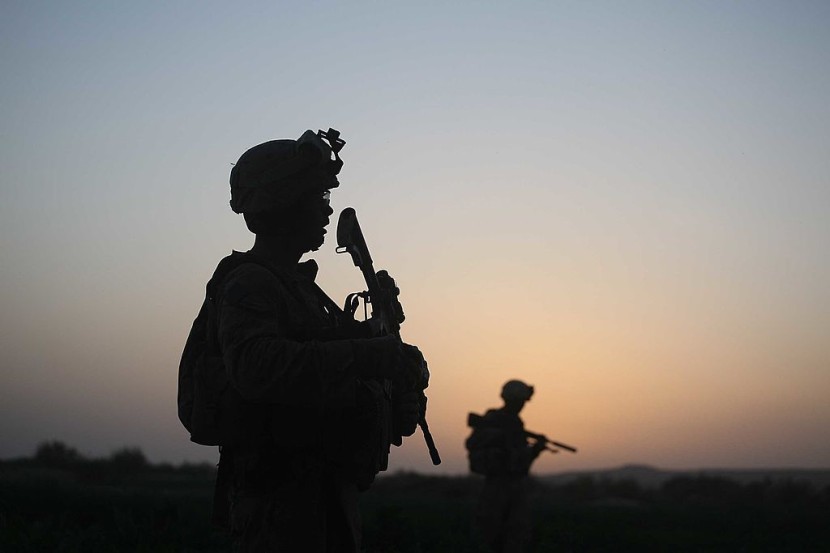
A number of blood centers in the US are experiencing a shortage of one-day supplies. This dilemma has compelled hospitals to postpone their surgeries. According to experts, the blood shortage is another impact of the COVID-19 pandemic.
OneBlood is the Southeast's most enormous blood center. It is grappling to mitigate the blood shortage crisis. According to Susan Forbes from OneBlood, "It's a 24/7 operation. The donors are not in the traditional locations anymore. We lost large corporations, religious organizations, movie theater drives, festivals that were taking place ended," reported CBS News.
Demand For Blood Products
Prior to the novel coronavirus closures, schools made up for 25% of blood gathered. The demand for blood products is currently up 10% throughout the country, reported GWN. Blood products are in large demand.
According to the American Association of Blood Banks, the blood supply in the United States has dropped to "red" level. This signifies that most blood banks has less than a one-day supply, and donations are immediately required. Dr. Claudia Cohn, AABB's chief medical officer, stated that blood banks are prepared when they have three days worth of blood supply on hand. She added, "This is the worst shortage I've experienced since I've been in this in this line of work," reported The Week.
A number of hospitals had to delay scheduled surgeries. According to Dr. Paresh Shaikh, New York University Langone Health surgeon-in-chief, they were near to doing the similar thing at NYU Langone Health.
Shah said, "There's this huge backlog of operations that really needed to get done." They were down to a very low inventory of blood that if they had one significant transfusion event, they would have been expended entirely.
He said the shortage of blood could mean life or death in traumatic instances.
Iggy Friday, 11, was diagnosed with leukemia this winter. He required over 30 transfusions while on chemotherapy. His recent platelet transfusion was postponed because of the shortage. However, this was by merely a few hours.
Friday thought about the people who would benefit from it immediately. He said that he was contented with waiting as it could save several lives and help more individuals.
The lack of blood is a mege of fewer blood drives during the coronavirus pandemic. This is a return of elective surgeries as the global health crisis wanes and inoculation rates climb, along with an augmentation in demand during the seasonal increase in auto accidents, according to Cohn. She stated that a blood donation takes one hour to one hour and a half. Every time they conduct blood transfusion, they save a life.
If you feel physically well, the American Red Cross would like you to consider donating blood or platelets. Donation centers are open. You may schedule an appointment through the Red Cross Blood Donor application or website. You may inquire by phone at 1-800-RED CROSS (1-800-733-2767). You may also contact AABB by phone at 1-202-393-5725.
© 2026 HNGN, All rights reserved. Do not reproduce without permission.








